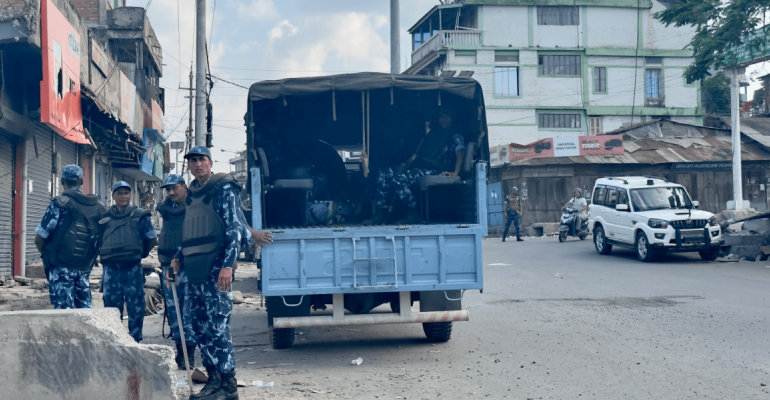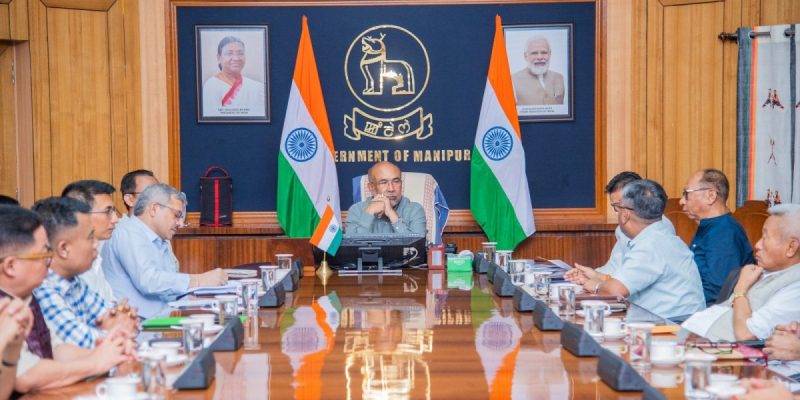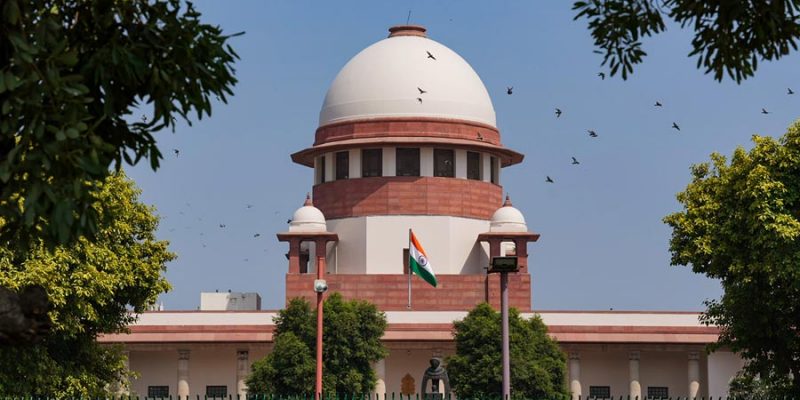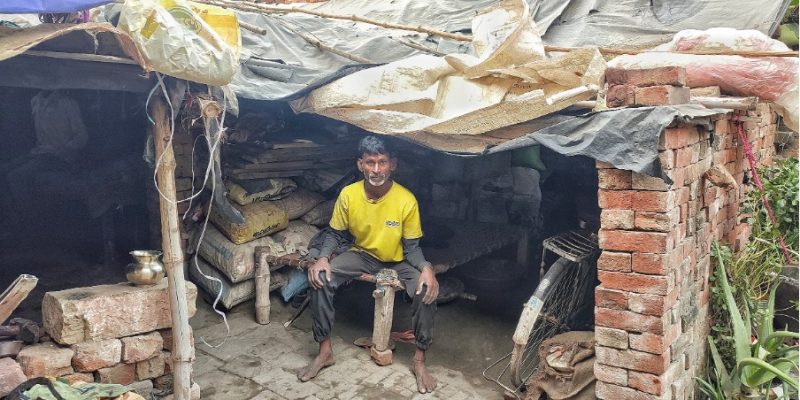Amnesty ‘Alarmed’ at Manipur Violence, Asks Govt To Work With All Ethnic Groups To Restore Peace

New Delhi: Amnesty International on Wednesday, July 12, said it was “alarmed” at the ethnic violence in Manipur and the “inability of the Indian authorities to protect human rights in the region”, asking the government to work with civil society groups and community members of all ethnic groups to ensure that peace is restored.
The human rights NGO released a public statement expressing its concern with regard to the ongoing violence in Manipur. It includes statements from victims of the violence and highlights India’s commitment to international law.
Titled “India: Wanton killings, violence, and human rights abuses in Manipur”, the statement is divided into six sections, which discuss the background behind the violence, the ethnic axis of the violence, reports of police excesses, accounts of refugees and the internet shutdown among others.
Early in its statement, Amnesty notes the reprisals against activists and scholars who have spoken out against human rights abuses during the violence. Instances of this include a local court in Manipur summoning three people who gave interviews to The Wire – in which they demanded a separate administration for the state’s Kuki community – and police filing an FIR against a fact-finding committee that found the violence to be “state-sponsored”. The Manipur government’s home ministry has also asked police to file a case against Kuki student organisations for publishing a booklet on the violence.
“Indian authorities should meaningfully work together with civil society groups and community members of all ethnic groups to ensure that peace and security is restored in a human rights compliant manner. Victims of violence have a right to truth, accountability, and justice,” Amnesty said in its statement.
Regarding reports of excesses by the state administration, Amnesty notes that the ‘shoot-on-sight’ orders promulgated by the government on May 4 did not adhere to international legal norms.
The statement reads, “… the Manipur State government issued a ‘shoot-at-sight’ order to all district magistrates in the state ‘in extreme cases after all forms of persuasion, warning, reasonable force have been exhausted’ and the ‘situation could not be controlled’.”
“Under international law and standards, law enforcement officials may only resort to such force when strictly unavoidable to protect against imminent threat of death or serious injury, which the order failed to clearly lay out, effectively permitting the deliberate and arbitrary killing of individuals who do not pose such a threat.”
Also Read: Manipur: Dissecting the Principles Associated With a ‘Shoot At Sight’ Order
Amnesty also spoke to people who have been displaced by the violence in the state. According to fact-finding teams and The Wire’s team of reporters, which visited the state, over 60,000 people have been displaced since the violence broke out.
One survivor of the violence told the NGO that they and their family didn’t receive food or drinking water for two days at a relief camp and that their accommodation was “basically a shed”, with “facilities [that were] not hygienic.”
The statement gives a large berth to discussing the ongoing internet shutdown in the state, which has been in place for over two months now. In the following text, it highlights that India’s commitment to international human rights law, as well as a judgement by the Supreme Court, are antithetical to the shutdown.
“States parties must not block or hinder internet connectivity to curb freedom of expression, which is a right enshrined in the International Covenant on Civil and Political Rights, to which India is a state party, as well as in the Constitution of India.
Any restrictions on the operation of information dissemination systems must conform with the tests for restrictions on freedom of expression—notably, they should be legal, necessary, and proportionate.
These tests are laid down under international human rights law as well as the Supreme Court of India judgement, Anuradha Bhasin vs. Union of India, which noted that the degree and scope of internet restrictions had to be proportionate”. . Blanket – or total – cuts to internet access (or internet shutdowns) are inherently disproportionate …”
It also notes India’s status as the global leader in internet shutdowns for the last five years.
Amnesty International asked Indian authorities to immediately restore internet access in the state and work with civil society groups and community members of all ethnic groups to ensure that peace and security are restored.
“Victims of violence have a right to truth, accountability, and justice. Police excesses and reports of police bias need to be immediately, independently, and impartially investigated. Indian state authorities should coordinate with each other and with local groups to ensure that necessities of adequate and sanitary housing, safety, clothing, clean water, nutrition and health care is accessible to all [internally displaced persons] who have been forced to flee. Authorities must facilitate the IDPs’ right to voluntarily return to their homes and rebuild their lives by ensuring safe rehabilitation and/or resettlement,” Amnesty said.
The NGO has also been targeted by Indian authorities. Its Bangalore and Delhi offices were raided by the CBI in 2019 and it was forced to shut down its India operations in 2020 after its accounts were frozen.
The Enforcement Directorate, a federal financial crimes agency, filed a money laundering chargesheet against its India division last year and fined it Rs 51 crore.







